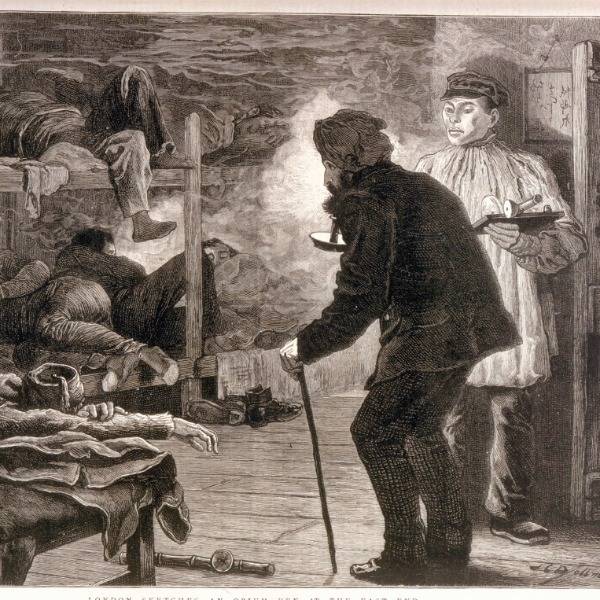Over the last two years, Britain’s two main far-right groups – the British National Party (BNP) and the English Defence League (EDL) – have more or less collapsed. One of the most active groups to rise from the embers is Britain First, a relatively small but fast-growing extremist group.
The organisation – which, in six months, has gained 1,500 members and nearly 500,000 Facebook followers – has grabbed attention with its aggressive tactics. Unlike the BNP or EDL, it has directly threatened Islamist leaders like Anjem Choudary, staging protests at their homes. It has also “invaded” mosques in Luton, east London and Bradford, filming the incidents and posting them online. It has gained its hundreds of thousands of Facebook followers by deviating from messages about race, posting viral photos conveying a general sense of moral outrage about crumbling Britain. Many of those who interact with Britain First online have no idea that the group is part of the extreme far-right.
This month, the anti-fascist organisation Hope Not Hate has produced the first investigation into Britain First; its origins, leadership, ideology and tactics. The findings have not gone down well with Britain First. One of the group’s leaders, Paul Golding, a former BNP councillor, has threatened journalists who write about the report: “If you print something that you know not to be true and it’s absolute nonsense and you know it’s a lie, then we’ll find out where you live, we’ll leak it to all your neighbours, we’ll say that you’re a complete liar and we’ll pressurise your editor to sack you,” he told Buzzfeed last week.
The findings that Golding took such issue with relate to his background in the National Front (which he denies) and his co-founder Jim Dowson’s ties to extremist loyalist paramilitary groups in Northern Ireland. Dowson, who was formerly the BNP’s main fundraiser, has a long history of activism with anti-abortion and homophobic groups. He is currently on police bail in Northern Ireland for his part in organising violent demonstrations against the removal of the Union Flag.
One of the key distinguishing features of Britain First is the fact that its brand of far-right extremism is explicitly Christian, unlike the BNP, which drew more on Nazi-ism and subsequent movements. “The Britain First leadership is driven by a man dedicated to Calvinist chauvinism, religious bigotry and the raptures of evangelical and biblical Armagedon prophesies,” Matthew Collins, director of research at Hope Not Hate, wrote of Dowson in the report’s introduction. The impact of Dowson’s loyalist past is clearly evident in the group’s paramilitary overtures. A flag ceremony in Kent in March saw masked activists divided into battalions while Dowson said that this was a Christian “defence force” and spoke about the blood sacrifices of past Christian soldiers. A document produced by Dowson urges Britain First members to gain control of estates, putting out patrols in high-crime areas and erecting flags: "To cause a revolution in street politics in the UK we only need ONE estate in each major city converted to our system... Polarisation, isolation, conflict and security; that is how it must be done if our people are to resist and survive."
While Britain First shares its strong anti-Muslim emphasis with the EDL, it frames this in terms of religious war and Christian identity politics. In a speech in 2007, Dowson spoke of starting “new crusades”. At a protest outside the Indian embassy in May, Britain First supporters chanted passages from the Bible, and in separate incidents, it has distributed bibles in mosques. As well as intimidating Choudary and other Islamist extremists at their homes, Britain First has launched “Christian patrols” in east London, in response to the "Muslim patrols" conducted by a small number of Choudary’s supporters. It appears that this was a deliberate attempt to trigger violent confrontation with Choudary’s patrols.
This underlines the parallels between Britain First and Al-Muhajiroun, Choudary’s Islamist organisation. Hope Not Hate refers to a “symbiotic relationship” between the two, given that both groups seek to polarise communities – albeit with opposing ideologies. Clearly, this polarisation of communities is the main risk posed by Britain First. As Hope Not Hate warns, Britain First is “taking the British far right on a new confrontational path and one that can lead to violent community disorder. It is not just if they can directly instigate it but the fear and retaliation they can inspire in others.”

